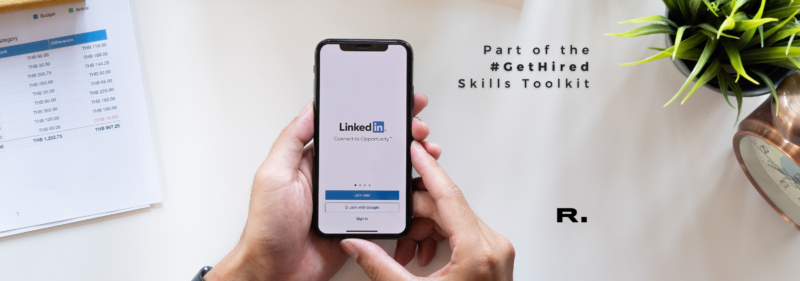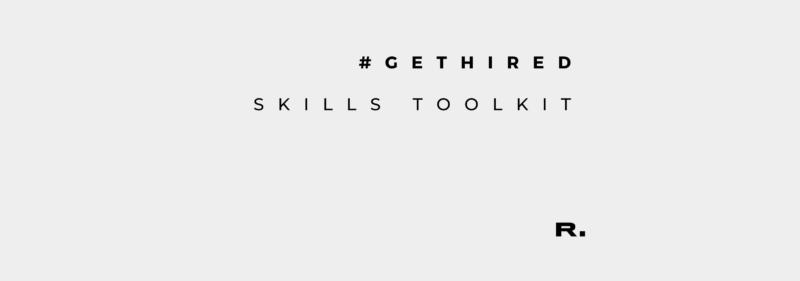Found yourself out of work for the first time in a long time? We’ve launched the #GetHired Skills Toolkit as a simple and actionable step by step guide to secure your next role. Access the full kit here.
Handling rejection after a job interview is part of your job hunt journey. The road to securing your next job is not linear, there are inevitably twists and turns along the way. Sometimes you may come across an opportunity and feel there’s light at the end of the tunnel only to have your hopes dashed by a curt email.
The following may sound obvious but it bears repeating, particularly if you aren’t getting much traction from your applications.
Try not to take it personally
Of course, easier said than done but it’s important to remember that in this economy hundreds of people are applying for a single role. If your CV got shortlisted and you were invited for an interview, that is a celebration in itself and a sign you’re doing something right. Not making the cut for a position doesn’t mean you failed, it means the hiring manager felt someone else was a closer match. It doesn’t mean the next one will feel the same.
Keep your options open
There’s no such thing as the perfect candidate, there’s no such thing as the perfect role. Don’t become fixated on one opportunity. No only will it close your eyes to others, you’re set for disappointment if you miss out. There’s always room for plan B, and C,D and E. If at first you don’t succeed…
Don’t look for validation
Multiple rejections when you’re out of work can feel like a hell of a kicking when you’re already down but know this is not a reflection of your professional worth! If you’re looking to be validated or redeemed in some way by ‘winning’ an interview you’re putting a lot of pressure on yourself . Remember your skills and experience are unique – as is the value you’ll deliver to a prospective employer. Hold on in there and know your worth!
Ask for feedback
While the bitter sting of disappointment may still be very fresh, asking for feedback can prove really valuable in helping you bag the next one! You’ll be able to work on constructive criticism to improve your interview technique and performance. You may even get more of an insight into why the role wasn’t right for you. Taking constructive criticism on bard is a good way to process rejection after a job interview
Don’t dwell on it
S**t happens. Dwelling on a failed interview won’t change the result. Stop focusing on the rejection and look at it as a learning experience. Try having a growth mindset in your job hunt. It’s not ‘I haven’t got a job’, it’s ‘I haven’t got a job yet’. When in doubt and your resolve is wavering, focus on staying positive and looking after your mental health. Seek out your support networks, online and in real life to give your morale a boost.
Ready to take the next step? View the next chapter in our #GetHired Skills Toolkit.
Other Reads

3 Minute Read 08.12.20
Be SMART in your job hunt goals
Found yourself out of work for the first time in a long time? We’ve launched the #GetHired Skills ...

3 Minute Read 08.12.20
Do I need to be on LinkedIn to find a job?
4 million people were hired through LinkedIn in 2019 and with nearly 700 million users. And that num...

2 Minute Read 08.12.20
Why you should build routine into your job hunt
Found yourself out of work for the first time in a long time? We’ve launched the #GetHired Skills ...